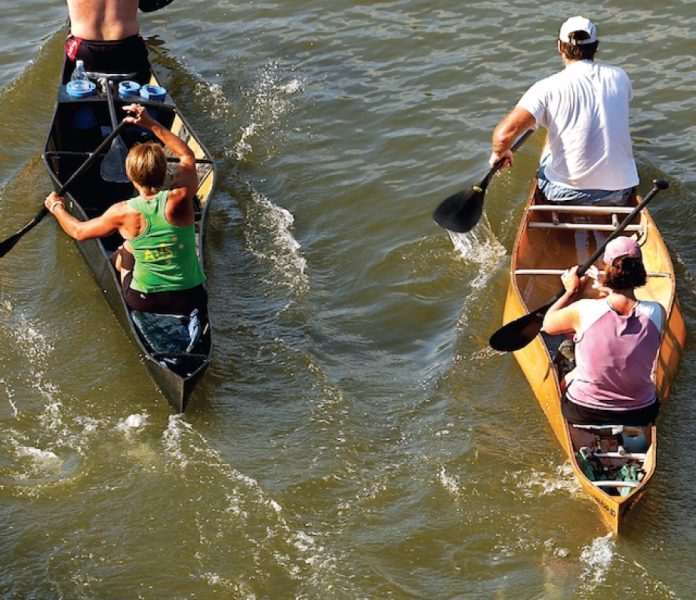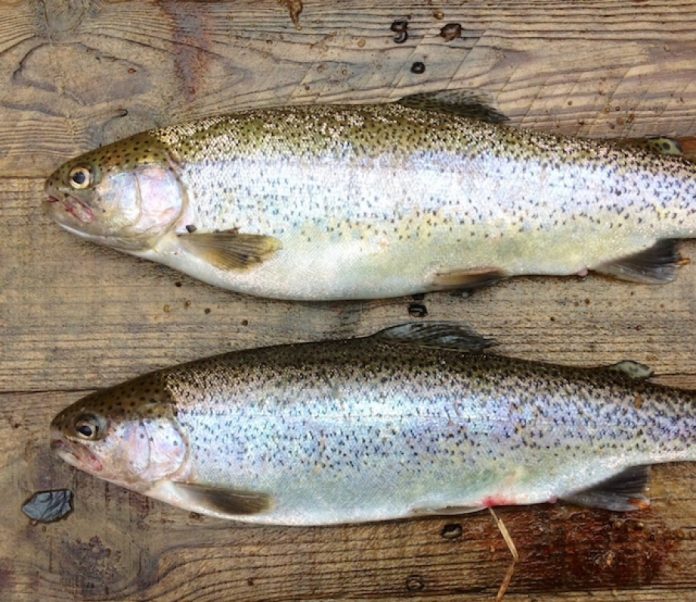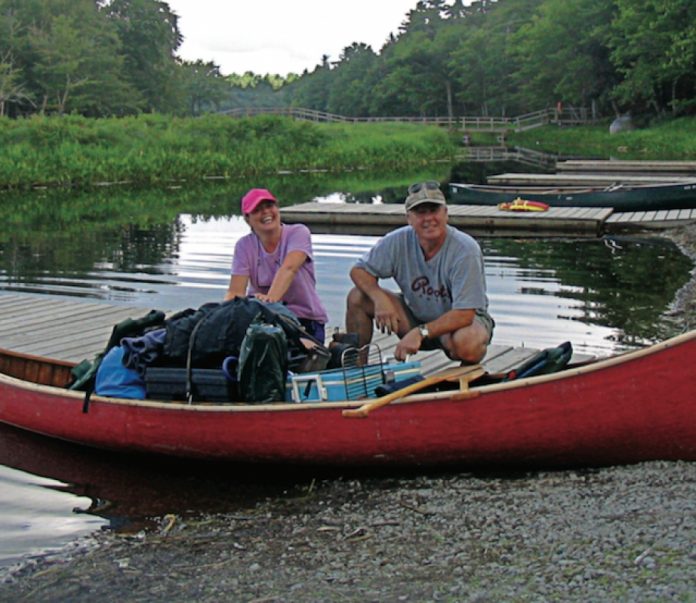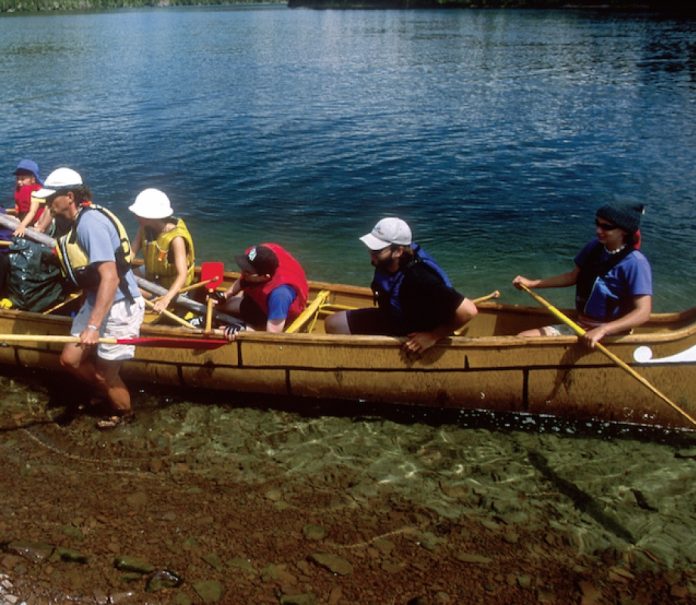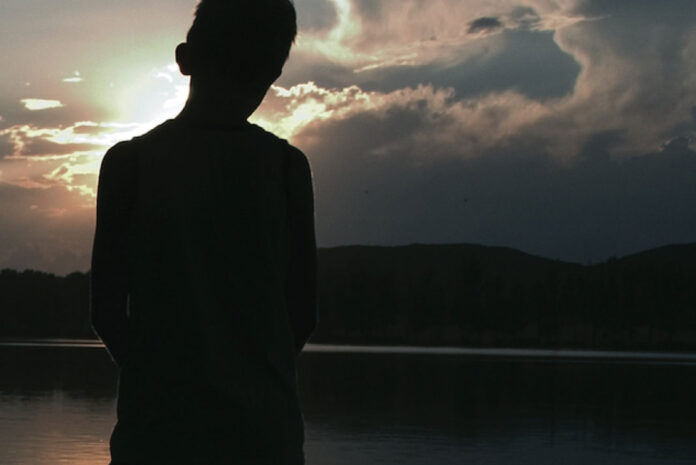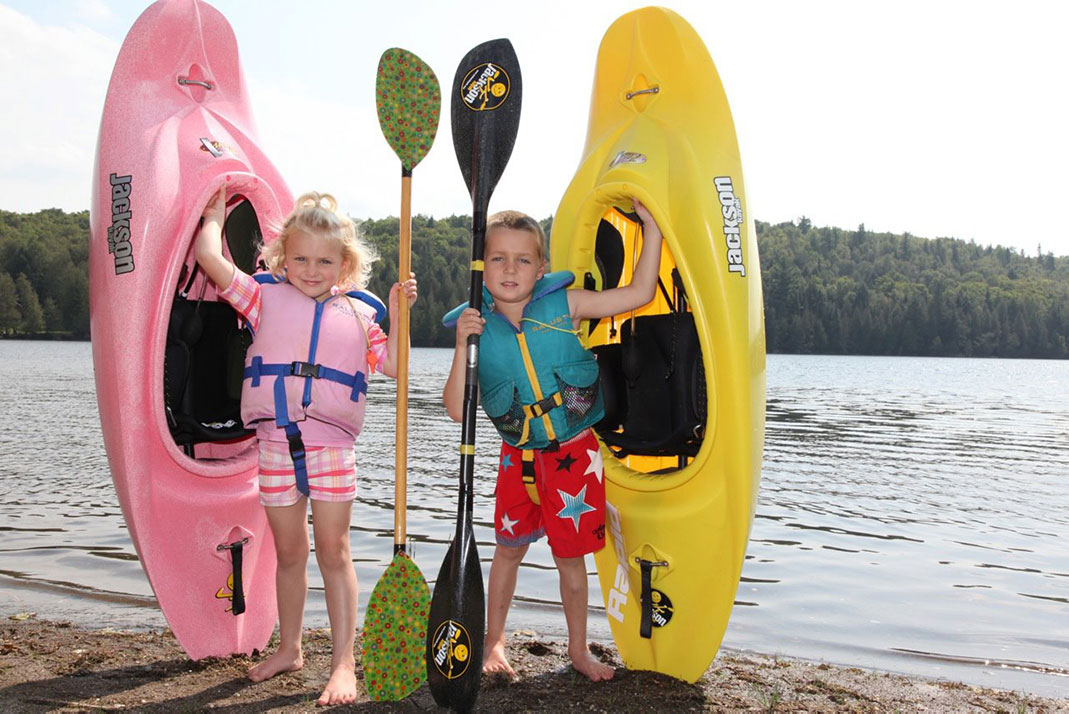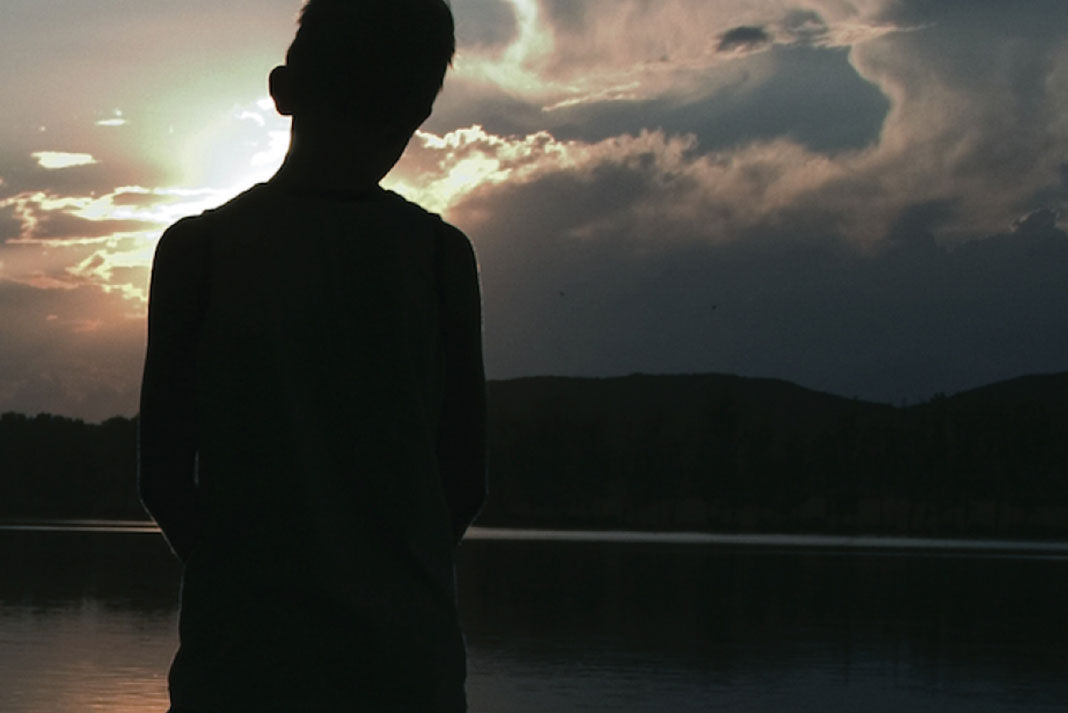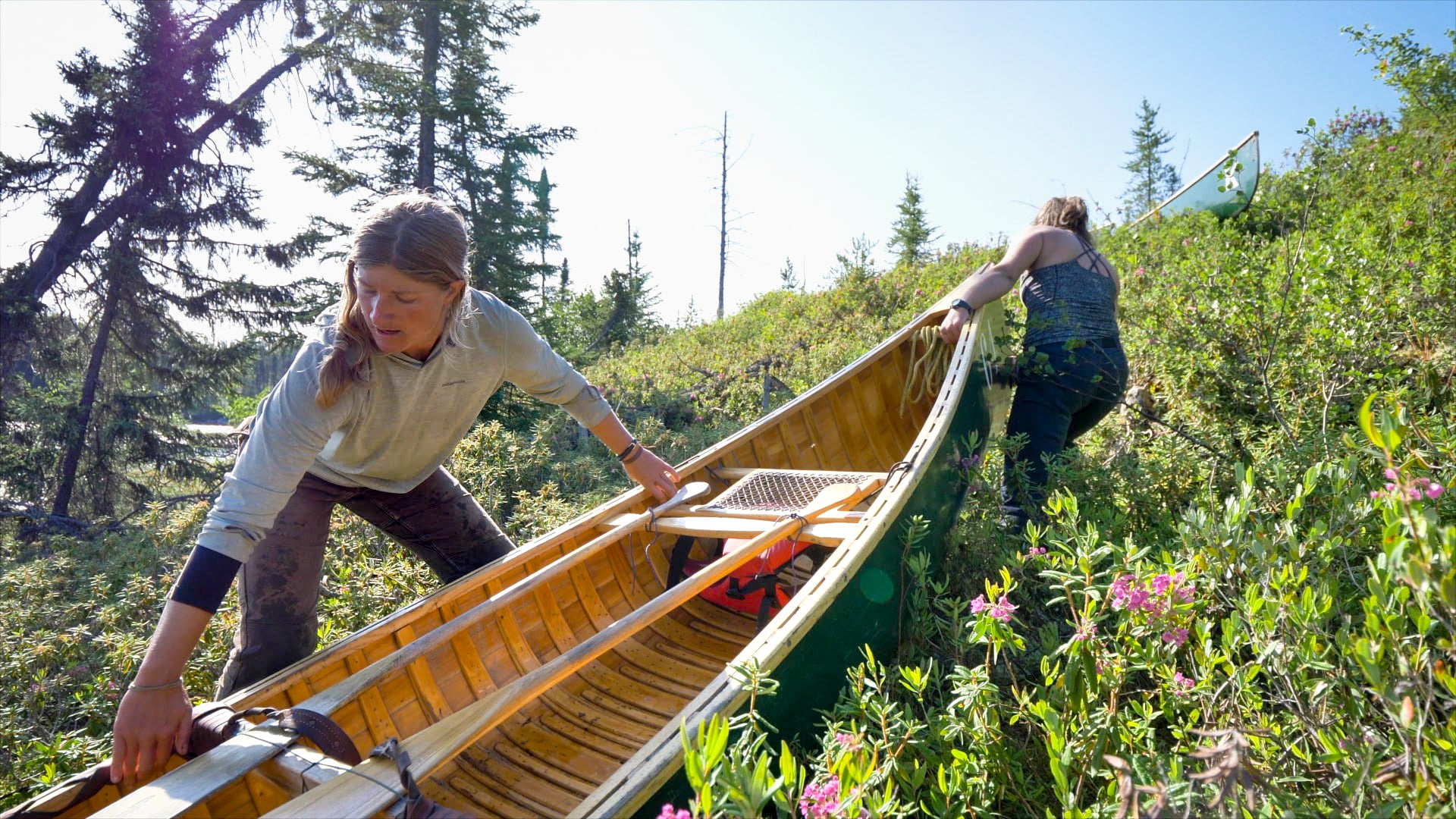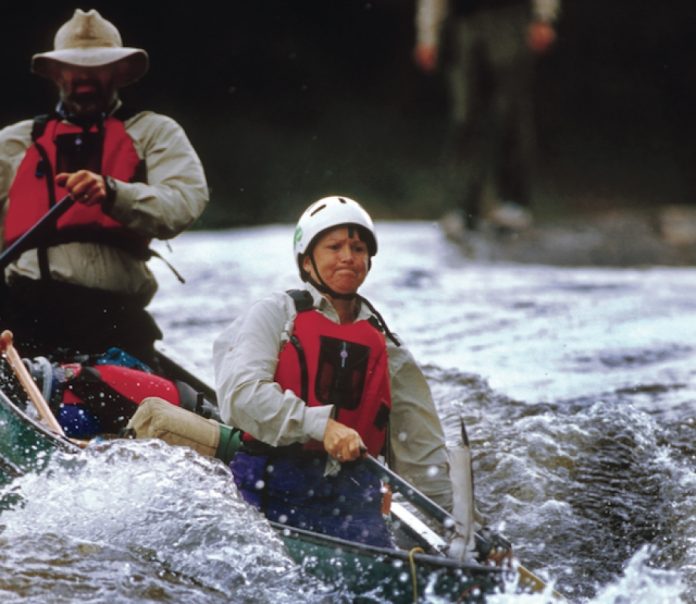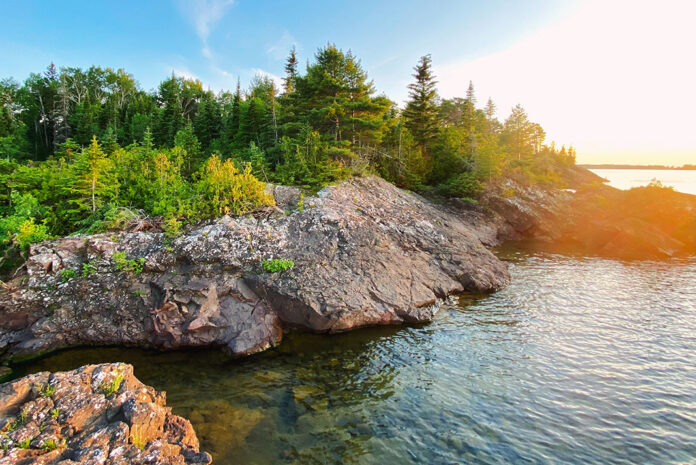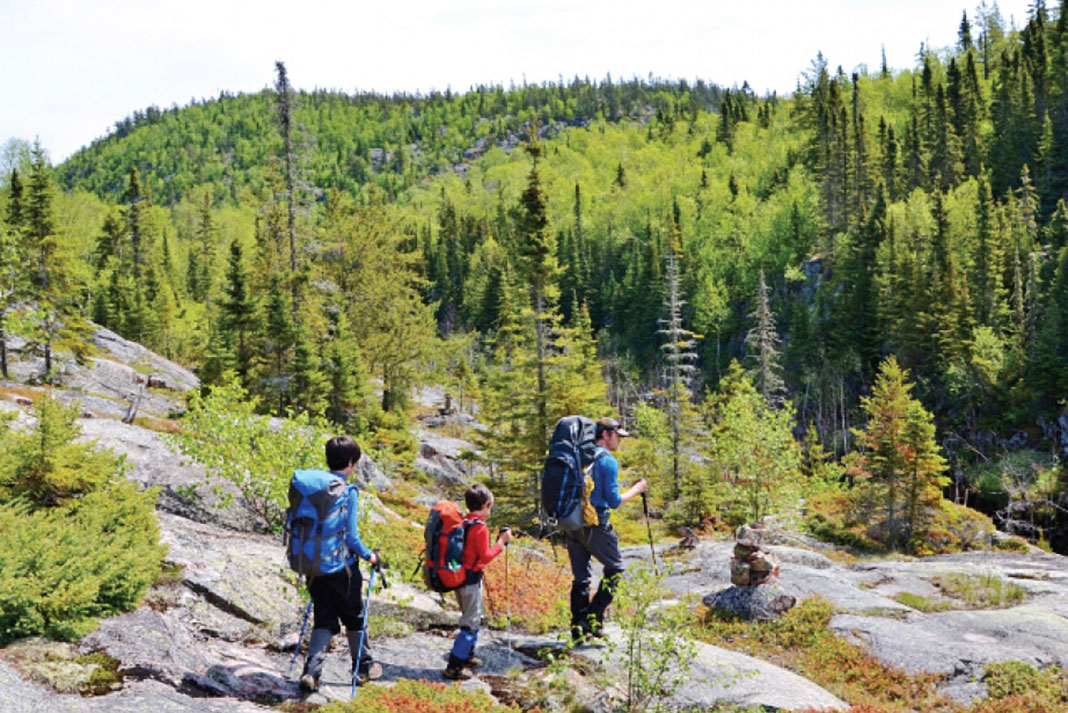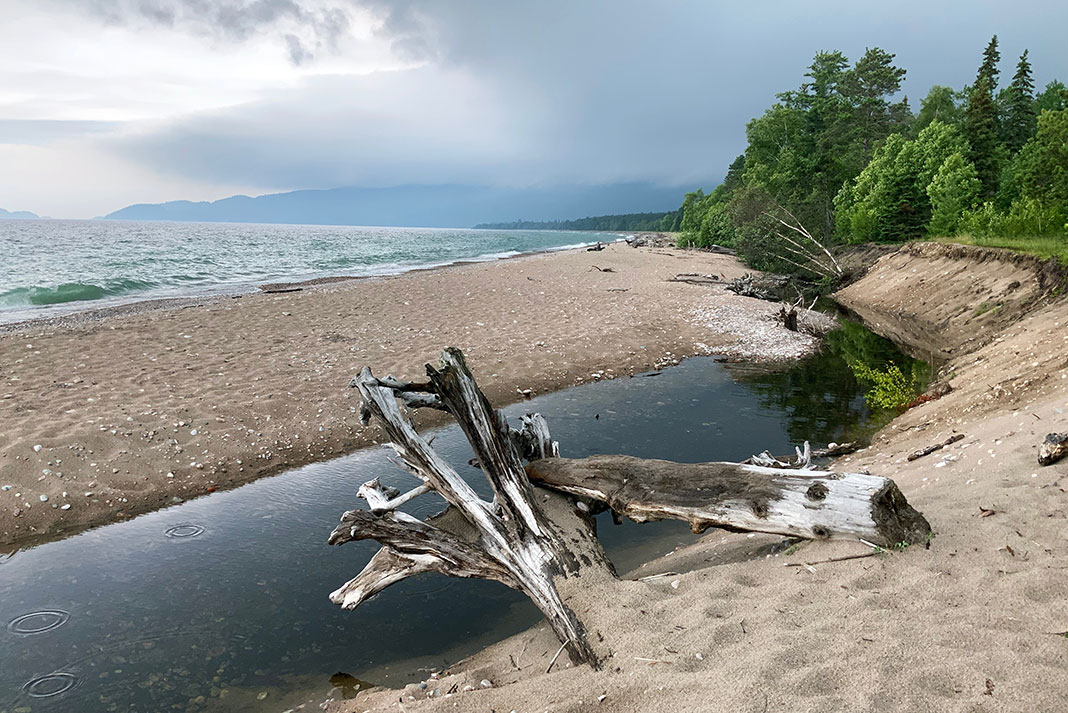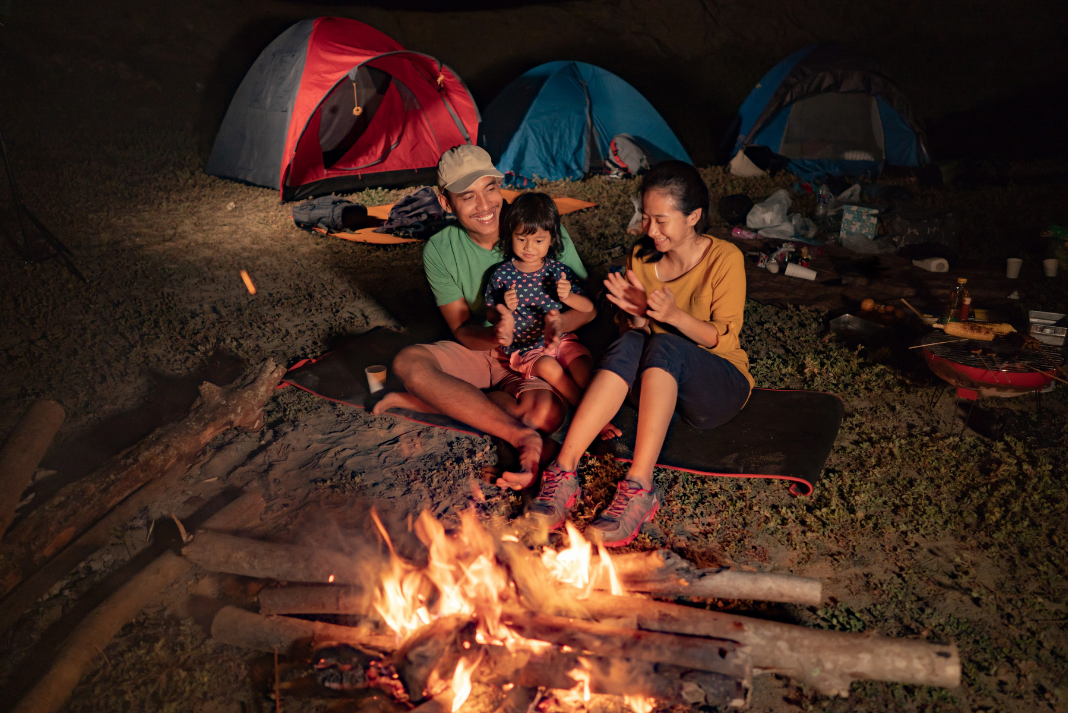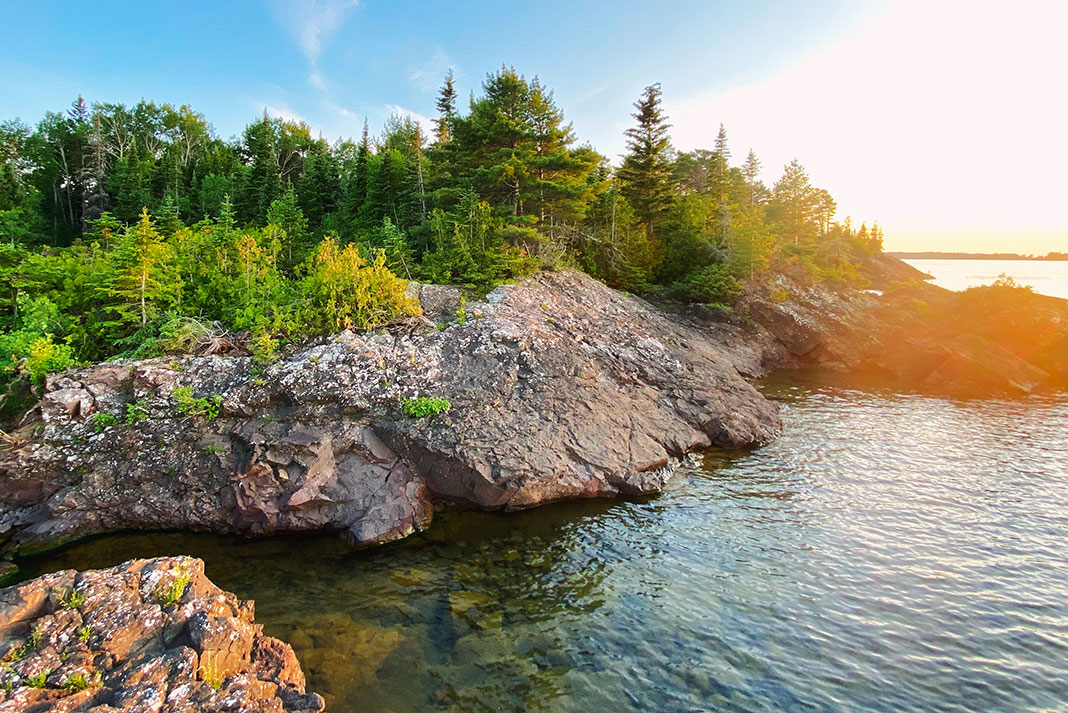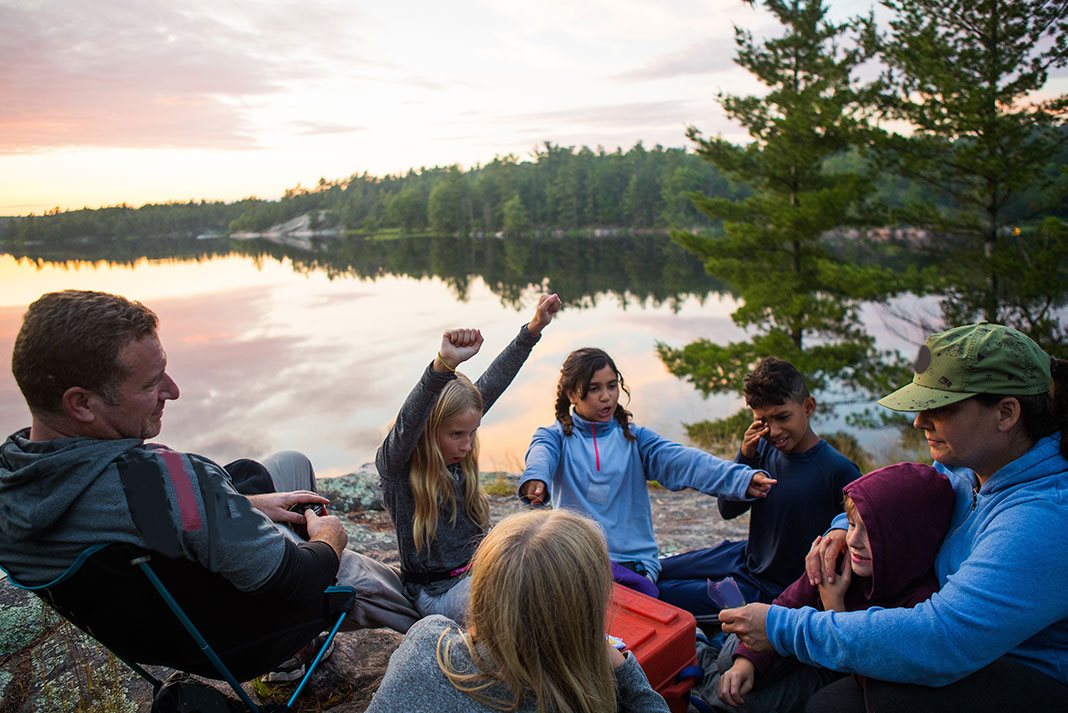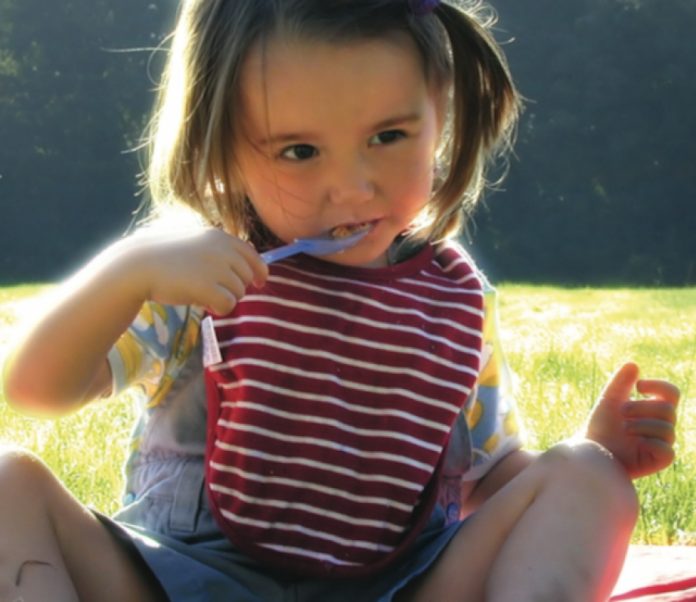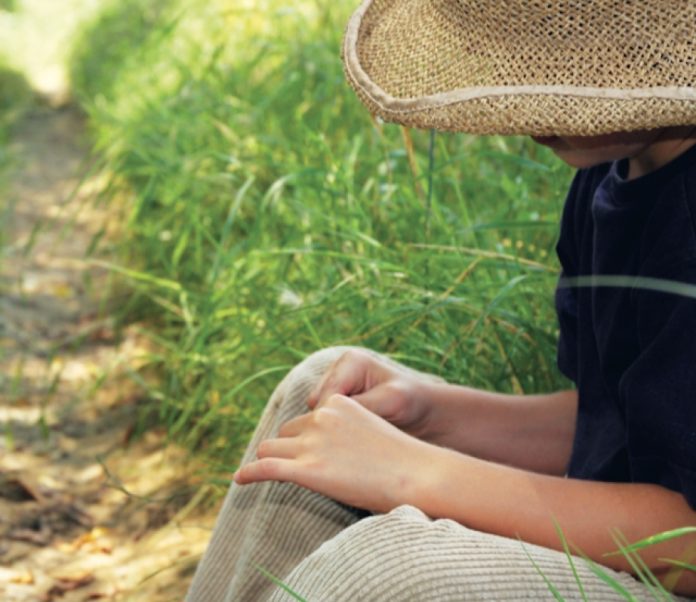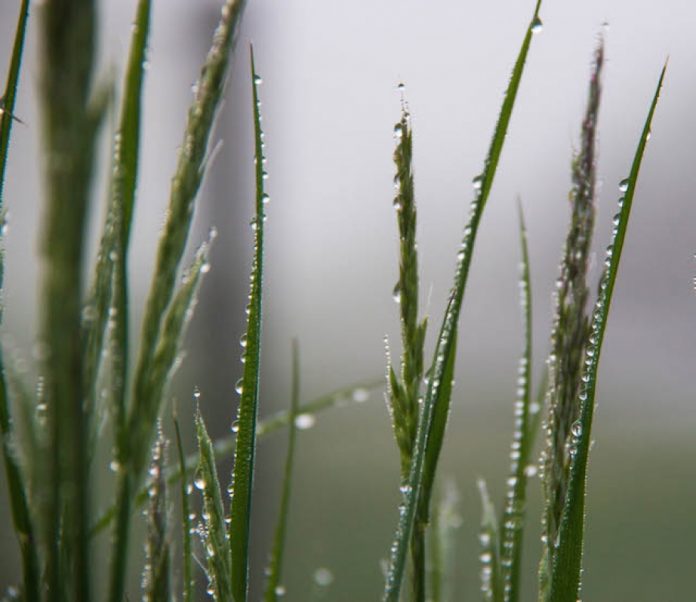Bob Vincent does not take a DNF beside his name in race results lightly.
The 62-year-old marathon canoeist from Dorchester, Ontario, had twice entered the Texas Water Safari—billed as the world’s toughest boat race—but limped away with a “Did Not Finish” both times. In 2003, Vincent paddled in a six- person crew but left the boat when dehydration threatened. In 2004, he and his partner wrapped their canoe around a rock and abandoned the race.
The Safari is a gruelling 418-kilometre, non-stop race down the San Marcos River to the Gulf of Mexico that has tested paddlers since 1965. Mid- June temperatures often top 38 degrees.
The portages—and there are many—conceal poisonous spiders and snakes. The river is strewn with tree trunks torn from the banks by flood waters and alligators prowl its lower stretches. Paddlers must carry all of their food and gear; a support crew can only offer water, ice and verbal encouragement—for what it’s worth.
When Vincent and I finished reason- ably well at the 25-kilometre 2004 United States Canoe Association (USCA) Nationals, he asked me to race the 2005 Safari with him. I laughed in his face. The look he gave stopped me in mid-chuckle. A week later, I called to tell him I had changed my mind. Vincent packs his 170 pounds onto a potent 5’8” frame. He bench-presses 245 pounds. And he would not stand for another DNF. If anyone could get me across the Safari’s distant finish line it would be Vincent.
Vincent, with his trademark polka-dot cotton welding hat bobbing steadily, had finished the 740-kilometre Yukon River Quest from Whitehorse to Dawson City twice, once as overall winner after out-psyching and out-paddling a pair of strong and younger kayakers in a faster boat.
I was also intrigued by what I would learn from spending more time in the canoe with “Coach Bob,” as he’s known to the readers of the col- umn he writes under that name for the USCA’s Canoe News.
“Bob loves to analyze every aspect of paddling, racing and training,” says editor Gareth Stevens, “He’s fascinating to be around if you share, even slightly, his obsession for paddling.”
For Vincent, it is the variables of racing that have captivated him for the last 40 years.
“It’s so quiet when you’re on the water by yourself,” he says. “And so incredibly intense when you’re bearing down on another canoe.”
And so, on to Texas.
We wanted to finish in less than 50 hours, and so we had suffered through winter aerobic training in the cold rain and snow. Vincent had readied our 18.5-foot-long hull with extra bulkheads to stiffen and strengthen the 30-pound Kevlar eggshell.
I will spare readers the gruesome de- tails of the race. I will skim over the fact that at the first liftover portage a few hundred yards into the race I unwisely ran so fast I dropped our canoe, breaking a gunnel that Vincent would later fix.
I won’t dwell on the new personal re- cords I set for projectile vomiting in the heat of every afternoon. Vincent kept paddling while I rested, drank, ate and recovered.
I will skim over the crash into trees the second night on the river when Vincent patiently coaxed me off the mid-river tree trunk I clung to. We waited until daylight for Vincent to perform his canoe-fixing magic. I will give short shrift to our ordeal of capsizing in a dark San Antonio Bay, when we swam to the shore and spent most of the night dozing on a flooded grassy island waiting for the howling wind to die down. And I will merely summarize the last part of our journey along a ship- ping canal, following a compass bear- ing in the dark while dodging old piers and fighting waves until dawn. We finished after 69 hours, to the relief of 30 onlookers who were worried because we had disappeared forsix hours.
What I will be sure to mention, however, is that at the finish line one of the historic greats of the Safari approached to congratulate me and tell me it had taken him four atempts to get his finishing plaque in the C2 class. I nodded, and thanked him, but I didn’t tell him he should have first tried it with Bob Vincent for a partner.
I spent the next two weeks on powerful antibiotics fighting infections from insect bites incurred while sleeping on that flooded island. Soon I was racing again, amazed at how easy 20-kilometre races had become. But when Vincent called and told me that just bettering his DNF finishes wasn’t enough, that he was going back to the Safari in 2006, all I could do was wish him well.
I did learn a lot from paddling with Coach Bob as an example. I learned my next attempt at the Safari will have to wait until I am older and tougher.
Fifty-year-old Don Stoneman races canoes and instructs marathon paddling in southwestern Ontario.
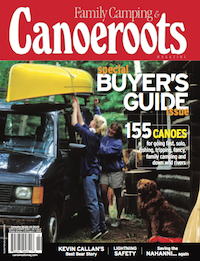 This article first appeared in the Spring 2006 issue of Canoeroots Magazine. For more great content, subscribe to Canoeroots’ print and digital editions here.
This article first appeared in the Spring 2006 issue of Canoeroots Magazine. For more great content, subscribe to Canoeroots’ print and digital editions here.



